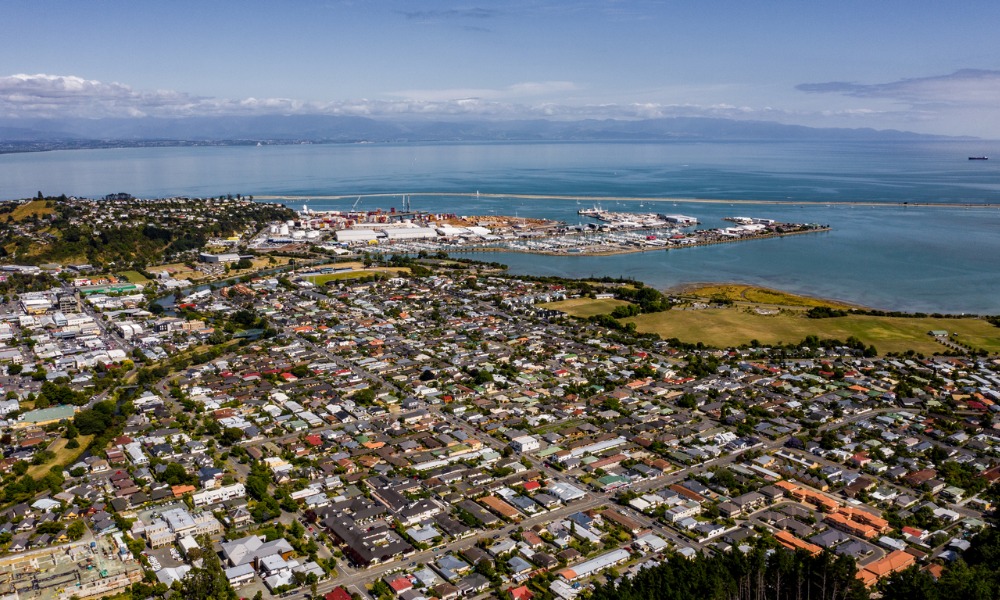Insurance and values hit hard

Hazard mapping plays a crucial role in determining insurability, but it’s not the only factor, according to the Insurance Council of New Zealand (ICNZ).
Concerns have risen that Nelson City Council’s proposed hazard overlays are deterring insurers, causing a “chilling effect” on the local property market.
However, ICNZ CEO Kris Faafoi clarified, “Even with the same information, insurers will make their own decisions depending on their own risk appetite,” 1News reported.
Multiple factors at play
Faafoi stressed that insurers assess risk using a range of data, including their own models, claims history, and information from councils and hazard modelling companies.
Factors such as a property’s age and maintenance also influence insurers’ decisions, with responses ranging from premium adjustments to rare cases of declining coverage.
Weather events and insurance adjustments
Recent severe weather events, including Nelson’s 2022 storm and early 2023 North Island floods, have prompted insurers to adjust their risk assessments for affected areas.
“New Zealand is among the most vulnerable countries in the world to natural disasters including earthquakes and flooding,” Faafoi told 1News, highlighting the need for a coordinated national approach to improve resilience and keep insurance accessible.
Calls for national coordination
ICNZ is advocating for a collaborative strategy involving the government, councils, and other stakeholders to address natural hazard risks.
“By working with central government, councils, and others…we are reducing risk to ensure insurance is affordable and accessible,” Faafoi stated.
Property values drop amid hazard concerns
Falling property values in high-risk areas
Property values in Nelson are seeing declines, particularly in areas prone to landslides and floods, like the Tāhunanui Slump zone.
Preliminary figures from Quotable Value (QV) indicated values across most of Nelson are down 5-12% from their 2021 peaks, with hazard-prone areas facing even steeper drops.
“Buyers are nervous about the risks of future events,” said Craig Russell, QV’s Nelson/Marlborough manager.
Insurance availability a key factor
Russell noted that obtaining full insurance coverage is increasingly challenging in high-risk areas, adding to the pressure on property values.
“Immediately following an extreme weather event, we typically see the market discount the properties and areas most affected,” he told 1News, although values may recover over time.
Due diligence urged
With Earthquake Commission claim histories now accessible online, both ICNZ and QV highlight the critical need for thorough due diligence when buying or financing a home.
Mortgage advisers should ensure clients understand the insurance landscape, as it plays a significant role in property value and financing options.
“The ability to gain insurance now and in the future should be front and centre when making an offer,” Russell said, emphasising the importance of assessing insurance risks before proceeding with a purchase.
Natural hazards impact property market
The growing influence of natural hazards on Nelson’s property market is evident, with insurance challenges and declining property values making due diligence more crucial than ever.
Mortgage advisers and buyers alike are encouraged to adopt a cautious approach, thoroughly evaluating the risks associated with properties in high-risk zones to ensure sound investment and financing decisions.
Get the hottest and freshest mortgage news delivered right into your inbox. Subscribe now to our FREE daily newsletter.



